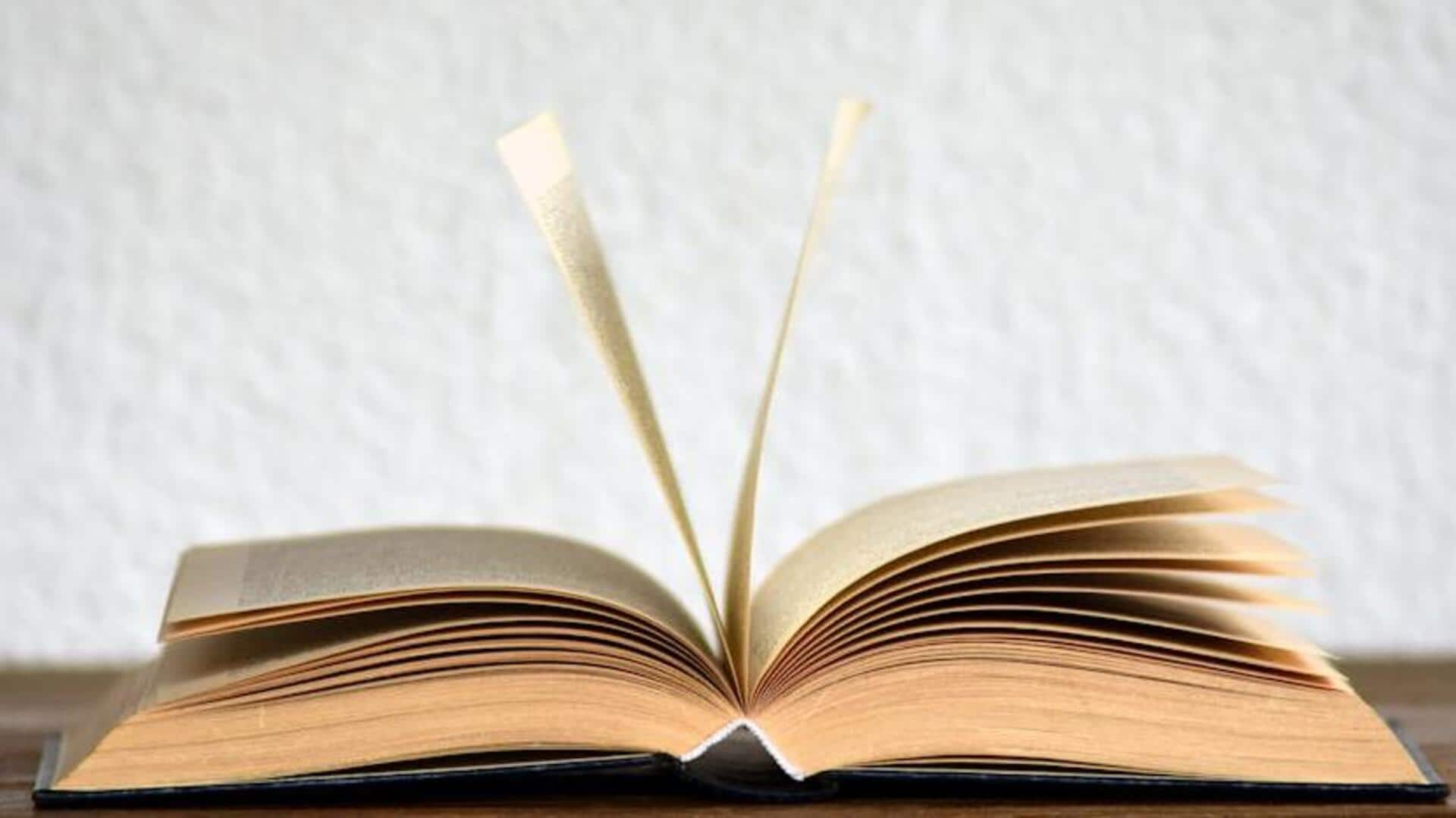
Fictional books that entail experiments about humanity's future
What's the story
The specter of nuclear war has haunted the human imagination since the first mushroom cloud rose over the New Mexico desert. Post-nuclear fiction explores the aftermath of atomic devastation, offering a canvas for authors to examine human resilience, societal structures, and existential questions. These stories serve as cautionary tales and thought experiments about a potential future for humanity.
Book 1
'A Canticle for Leibowitz'
A Canticle for Leibowitz by Walter M. Miller Jr. is an influential post-nuclear work that unfolds over centuries. It follows an order of monks committed to preserving scientific knowledge after a nuclear holocaust. This story intricately cycles through history, examining faith, the quest for knowledge, and the recurrent rise and fall of civilizations, encapsulating the enduring hope of humanity.
Book 2
'On the beach'
Nevil Shute's On the Beach is set in a world devastated by nuclear war, with survivors in Australia bracing for the approaching radiation. The novel explores the varied ways individuals face their final days, focusing on personal bonds and emotional reactions to the looming end. It's a study of human behavior under the shadow of inevitable demise, capturing poignant moments of connection amidst despair.
Book 3
'Alas, Babylon'
In Alas, Babylon, Pat Frank narrates the tale of a Florida town isolated by a nuclear disaster. The novel delves into the community's survival tactics as they unite to reconstruct their society in the face of dire shortages and looming threats. It poignantly reveals the delicate yet resourceful nature of human beings when confronted with extraordinary trials and the collapse of familiar worlds.
Book 4
'The Road'
Cormac McCarthy's The Road is a stark portrayal of a father and son's journey through post-apocalyptic America. The novel's concise prose mirrors the bleak environment, offering a grim view of survival where the remnants of humanity cling to faint hope. It examines the primal instincts that emerge when all else is stripped away, revealing the tenacity and tenderness possible even in desolation.
Book 5
'Metro 2033'
Metro 2033 by Dmitry Glukhovsky transports readers to the depths of Moscow's metro, humanity's sanctuary after a nuclear apocalypse devastates the surface. This gripping narrative weaves horror with social critique, as survivors form factions and vie for control in their underground haven. They also face horrors from mutated beings that threaten their precarious existence in this new dark world.